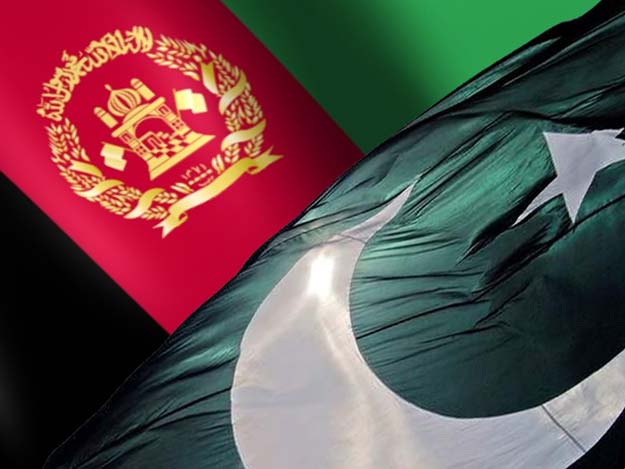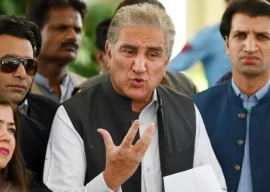
Pakistan on Wednesday welcomed the commencement of the second round of intra-Afghan negotiations in Doha on “substantive issues”, following last month’s agreement between Afghan government and Taliban representatives on the rules and procedures.
Year 2020 witnessed substantial progress towards peace in Afghanistan, with a number of positive developments, including conclusion of US-Taliban Peace Agreement on February 29, start of intra-Afghan negotiations in September, and agreement on rules and procedures in December.
These positive developments have paved the way for meaningful progress in the peace talks to end the decades of unrest in country. “We remain hopeful that the year 2021 will witness the dawn of a peaceful and stable Afghanistan,” the Foreign Office said in a statement.
“We hope that the two negotiating teams would continue to engage with open-mind and will observe patience, prudence and perseverance to seize this historic opportunity for peace,” the statement added.
The Foreign Office called on both sides to remain constructively engaged and show flexibility in the negotiations for reaching “an inclusive, broad-based and comprehensive political settlement” which would lead to lasting peace in Afghanistan.
Reiterating Pakistan’s abiding commitment to “a peaceful, stable, united, sovereign, democratic and prosperous” Afghanistan, the Foreign Office said that Islamabad’s constructive role and facilitation of the Afghan peace process had been recognised by all sides and the international community.
“We strongly believe that there is no military solution to the Afghan conflict and that the only way forward is a negotiated political solution through an Afghan-led and Afghan-owned peace process. Pakistan, on its part, would continue to extend all possible support for the Afghan peace process.”
Expressing concern over high level of violence and the loss of precious Afghan lives, the Foreign Office expressed the hope that the two sides would work out “a road map” in their negotiations for reduction in violence, leading to a ceasefire.
The talks in Doha comes against the backdrop of a fresh flare-up of violence and days before the departure of US President Donald Trump from the White House. Before the start of the talks both the US and the Taliban traded blame for violating the peace accord.
Zabihullah Mujahid, a Taliban spokesman, said the US forces conducted airstrikes against the group in non-military zones and warned of retaliation if the attacks did not stop. In response, Col Sonny Leggett, a spokesman for US forces in Afghanistan, termed the allegations as "false".
Leggett said the strikes were defensive and renewed calls for all sides to reduce violence. "The Taliban's campaign of unclaimed attacks & targeted killings of government officials, civil society leaders & journalists must also cease for peace to succeed," he said in a tweet.
Because of the flare-up political analysts, both in Pakistan and Afghanistan, warn that the fragile Afghan peace process could face “problems”. They suggest that the US might see a shift in its policy towards Afghan peace process during the Joe Biden presidency.
(WITH ADDITIONAL INPUT FROM ANADOLU AGENCY)



1731925783-0/Betty-White-(1)1731925783-0-165x106.webp)

1731926127-0/zayn-(1)1731926127-0-165x106.webp)





1731910868-0/Copy-of-Untitled-(45)1731910868-0-270x192.webp)






COMMENTS
Comments are moderated and generally will be posted if they are on-topic and not abusive.
For more information, please see our Comments FAQ